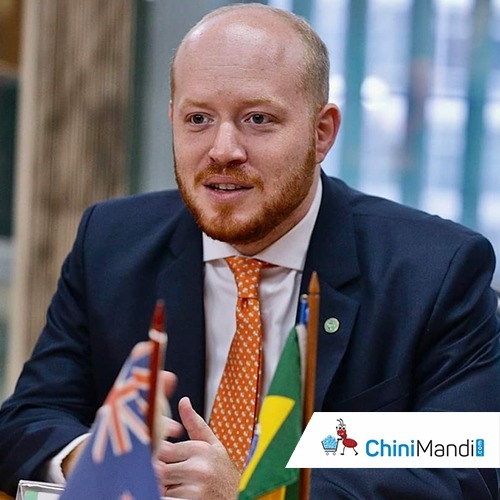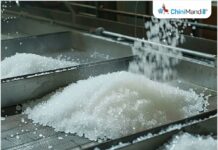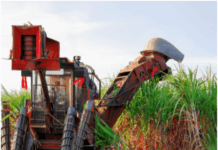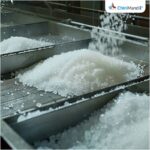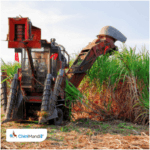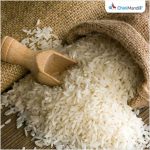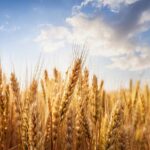Brazil is a global agricultural powerhouse and one of the leading exporters of agricultural products. The country boasts a vast and diverse agricultural sector, benefitting from favorable climate conditions and extensive arable land. In an exclusive interview with ChiniMandi, the Brazilian government emphasized the strength of its agribusiness and the significant impact of sugar on the global market. Julio Ramos, Deputy Secretary for Trade and International Relations, discussed Brazil’s prowess in agriculture, particularly its role as a major player in the production of sugar. The exclusive conversation with ChiniMandi indicates Brazil’s dedication to collaborating and making a mark in the worldwide agriculture industry.
He said, “Agribusiness plays a crucial role in the Brazilian economy, accounting for around a quarter of the country’s GDP, almost half of exports and employing around a fifth of the population. This productive strength not only ensures the food security of our 215 million inhabitants, but also makes a significant contribution to world nutrition.”
“On the international stage, Brazil is an undisputed leader in the sugar market, as noted by the International Sugar Organization (ISO), being the world’s largest producer and exporter of this product and the second largest in ethanol. From January to November this year, we reached a milestone in exports from the sugar-energy complex, with around 30 million tons exported, totaling US$ 13 billion. This figure exceeds the US$ 12 billion reached in 2022, highlighting the growth and strength of the sector. Among the main importers are China, India, Algeria, Saudi Arabia and Nigeria,” Ramos further added.
While emphasizing on other products, he said, “In addition to sugar, we are leaders in the production and export of green coffee, orange juice and soybeans. This success is due to the use of technology at all stages of production, especially the role of the Brazilian Agricultural Research Corporation (Embrapa). In the last four decades, grain productivity has increased by 580%, while the production area has expanded by only 140%, transforming Brazil from an importer into one of the world’s main granaries.”
“It is essential to emphasize that these advances were achieved while preserving 66% of Brazil’s territory with native vegetation. The areas set aside for farming and cattle raising account for just over a quarter of Brazil’s 851 million hectares,” he added.
Ramos said that looking to the future, Brazil faces the challenge of feeding a world population that will reach 9.7 billion by 2050. To this end, we aim to remain a global food supplier, committed to carbon neutrality by 2050.
He added further, “Our strategy for the future is based on sustainable and scientific agricultural production. We have implemented low carbon emission technologies, such as Crop-Livestock-Forest integration, no-till farming, bio-inputs, and the recovery of degraded pastures, the latter being a Federal Government strategy that aims to recover 40 million hectares in ten years, with an investment of US$ 120 billion.”
“Brazil has been establishing itself as an agricultural powerhouse with global reach. Despite facing criticism, it has already been established that our production is sustainable. With the leadership of President Lula, the strategic partnership of the Ministry of Agriculture and Livestock, under the management of Carlos Fávaro, and the support of the Secretary of Trade and International Relations, Roberto Perosa, we are dedicated to ensuring development without the need to expand areas. This synergy between the government and the productive sector is fundamental for us to follow the path of sustainability. We remain confident that we will continue to be a vital supplier of food to the world, thanks to this joint commitment,” he concluded.

